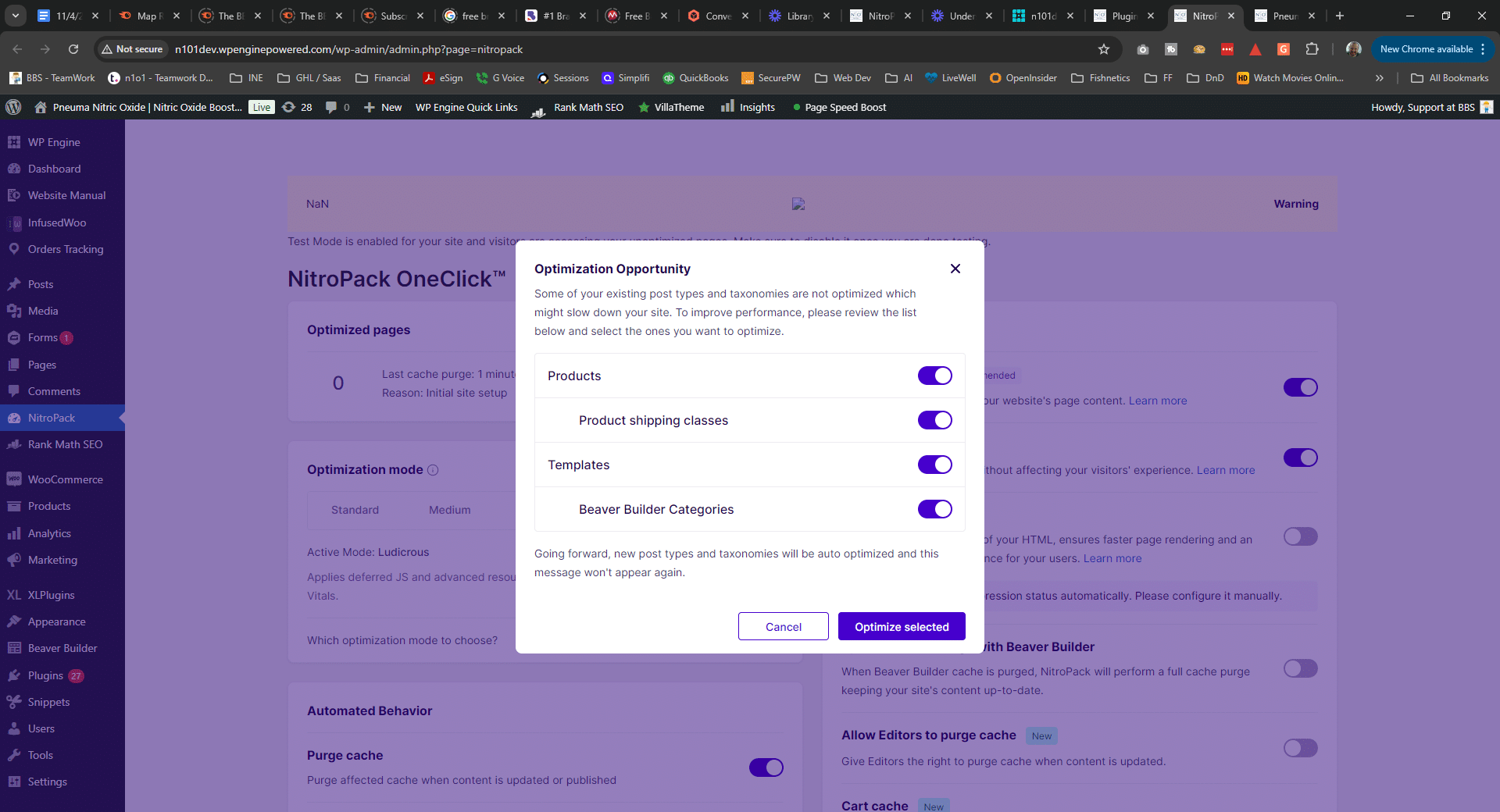Being a successful professional writer takes a lot of hard work and dedicated creativity. It takes a lot of getting to know yourself: when you’re most creative, for how long can you write without your brain wanting to explode. Getting to know how you work best and sticking to that schedule is the first success pillar for professional writers. When you can establish efficient routines (including both writing time and rejuvenating breaks), you’ll be able to juggle multiple writing projects. When establishing a routine for your writing projects, it’s important to plan extra time for editing and proofreading. This keeps your standards high for every piece of writing that you produce. However, I would urge you to just edit once or twice and then leave it alone. Every time you read your writing you’ll want to tweak it. Accept it when you’re proud of what is on the page, and put it out into the universe. If you have any questions about content writing or want us to handle it for you, reach out to us at Prebuilt Sites or The BBS Agency. We’d love to help you out!
Professional writers inevitably find themselves in social situations with non-writers, when the topic of discussion turns to careers and someone innocently asks the group: “What do you really want to be doing?”
It’s a conversation-starter that the well-intentioned party guest thinks will be a fun question to prompt people to share their passions and dreams. The careers they’d like to have — if only …
I reply bluntly. I can’t help myself.
“What I currently do.”
Such a buzzkill.
The misery-loves-company train does not want to bond with the person who actually knows how to make money as freelance writer.
I knew I wanted to be a writer before I was aware I wanted to be a professional writer.
It was the first activity I was drawn to and, all these years later, it’s still my first priority.
But most people write in some capacity, and for many, being a professional writer seems like a made-up job. A career that happens magically. Or by accident.
A one-in-a-million scenario where a piece of your writing happens to gain popularity. You know, desperate aspirations of “going viral.”
When, in fact, the exact opposite is true if you want to become a freelance writer.
There’s no sorcery. No coincidence or random luck. No inspirational quotes for writers that hold up in practice.
For professional writers, every choice needs to be painstakingly intentional.
Source: Copyblogger
Professional writers don’t treasure creative ideas
It’s part of our nature to create. We want to build. We want to innovate. It’s fun and it makes us feel alive. We’re creators.
That doesn’t mean we actually meet our goals.
Because we talk. We’re also talkers. And often, the more we talk, the less we accomplish.
Not always, but when someone is preoccupied with talking about a great creative idea, they tend to neglect nurturing, developing, and executing the idea over time.
That’s why creative concepts, alone, bore me.
Show me the strategy and storyselling.
Strategy activates creativity
Disciplined Creativity gives your content ideas the care and conditions they need to mature.
Time to be frenetic.
Time to be focused.
Space to take action.
Space to take a break.
Balance leads to progress.
When professional writers are consumed with their work, they swiftly recognize what causes mental blocks. You need the discipline to finish a writing assignment on time and the confidence to swiftly start brainstorming your next blog post ideas with the same high level of creative energy.
That takes practice.
Success pillars for professional writers
I’ve been using the term Disciplined Creativity for the past several years, but I haven’t explicitly described what it means … until now.
What does Disciplined Creativity look like for professional writers?
Below is a brief, 10-part manifesto on the Disciplined Creativity it takes to work like a pro.
1. Commit to your own production schedule
The First Rule of Disciplined Creativity is follow-through.
Your ability to follow-through with your responsibilities rests on taming your wild side and committing to excellence.
Since creative work often doesn’t “look like work,” it’s essential to follow your own production schedule.
That way, it doesn’t matter if your routine doesn’t look like work to anyone else. You know you’re doing what you set out to do, whether it’s an assignment for a client or your own writing project for your website.
Serious writers don’t make excuses that inconvenience someone else or disappoint their audiences.
2. Professional writers juggle multiple writing projects
This section is about how professional writers gain momentum.
Even though your follow-through skills require focus, if you only take on one creative project at a time, what happens if you feel stuck?
You get frustrated and, dare I say it, get writer’s block.
But if you outline multiple topics for different business blogging projects, one will typically stand out as The Most Easy to Write About. Start there.
It might not always be the first assignment you need to finish for your production schedule I mentioned above, but you can use that topic to warm up your brain and then transition to your pressing deadline.
3. Establish routines
Our creative processes aren’t independent from the rest of our lives, so our other routines, as mundane as they may sometimes seem, can have a direct impact on our creativity.
Think of the old adage:
How you do anything is how you do everything.
So, what do you nurture in the rest of your life?
You could:
- Set aside special time in the morning to enjoy your favorite beverage.
- Start a meditation practice.
- Try new, meaningful activities — not just top priorities.
You don’t have to run around in Panic Mode, constantly drained and stressed out, in order to get things done.
When you choose another way — and stick with it — you deepen your self-discipline and your ability to create on command.
4. Accept that professional writers break their routines
This one is for you if you thought I got a little too idealistic just now.
Life is messy.
We all want to optimize the conditions that contribute to our productivity, but those pure intentions don’t guarantee that our daily routines run smoothly.
So, instead of berating yourself on days you don’t exercise, write that first draft, or develop new online business ideas, accept that unexpected situations and challenges are part of the creative process. Simply taking breaks is part of the creative process.
5. Find the easy way to get back on track
After your routine gets derailed, you might naturally feel overwhelmed by tasks that appear to be piling up on your to-do list.
There’s no one correct order in which you have to do things, and you don’t have to wait for “perfect” conditions to start a task that is important to you, such as learning how to create digital products.
Review your schedule for the rest of the day and the rest of the week, and then ask yourself:
What can I realistically accomplish?
Not some huge goal that you’ll likely not meet. A significant milestone that you can complete and do well.
Then adjust your schedule accordingly for the day and for the week, until you naturally get back to your preferred routine.





